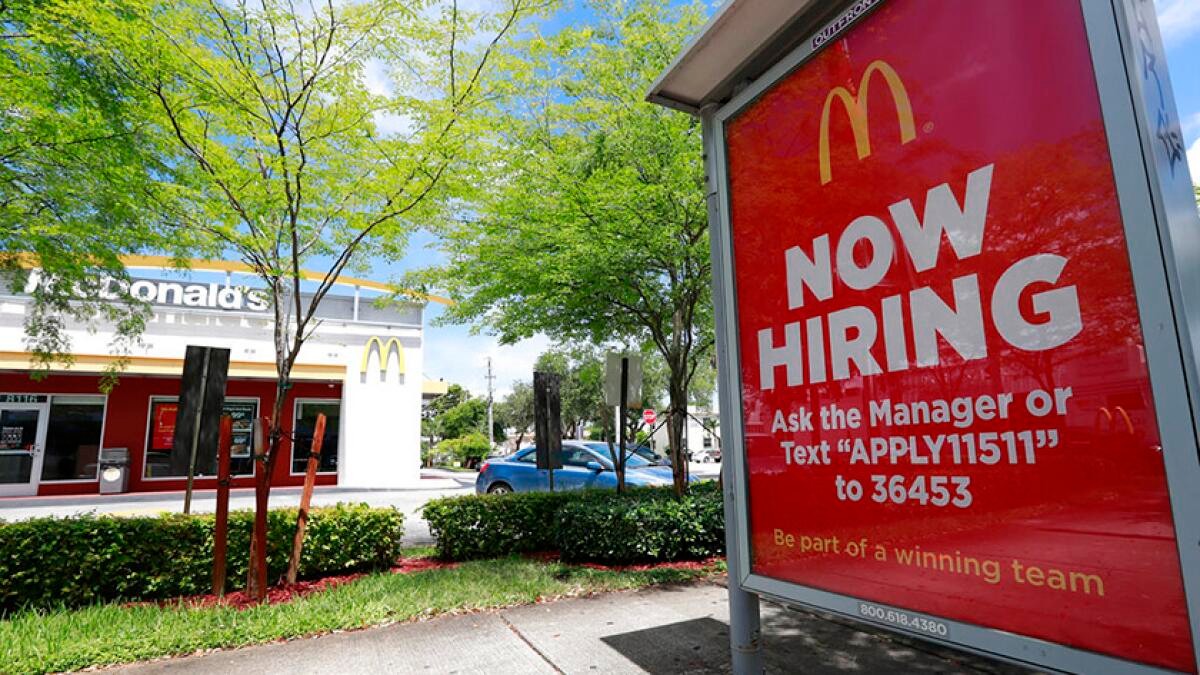
California's recent move to raise the minimum wage for fast food workers to $20 per hour has sparked widespread interest and debate. This landmark decision aims to improve the lives of thousands of workers in the state's fast food industry.
Higher Pay Without Job Losses
Contrary to initial concerns, early reports suggest that the wage increase has not led to significant job losses in the sector. Fast food establishments across California have largely maintained their workforce, adapting to the new wage requirements without resorting to layoffs.
Minimal Price Hikes
Consumers have been pleasantly surprised to find that the wage increase has resulted in only modest price increases at fast food restaurants. While some menu items have seen slight adjustments, the overall impact on consumer costs has been less dramatic than many had anticipated.
Worker Benefits
The new $20 minimum wage has brought tangible benefits to fast food workers. Many report improved financial stability, reduced stress, and a better quality of life. This boost in income has allowed workers to better meet their basic needs and, in some cases, pursue educational or career development opportunities.
Industry Adaptation
Fast food chains have demonstrated resilience and creativity in adapting to the new wage structure. Some have implemented efficiency measures, while others have explored menu innovations to maintain profitability without drastically raising prices.
Economic Ripple Effects
The wage increase is showing potential positive effects beyond the fast food industry. There are indications of increased consumer spending in local economies, as fast food workers now have more disposable income.
Ongoing Monitoring
While the initial impact appears positive, economists and policymakers continue to closely monitor the long-term effects of this wage increase on the fast food industry and the broader California economy.
As California leads the way with this progressive wage policy, other states are watching closely, considering whether similar measures could be beneficial in their jurisdictions.